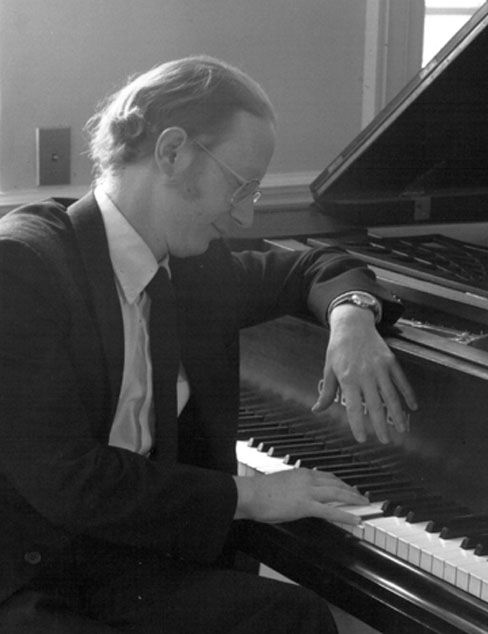http://www.schillingersystem.com/phpBB2/viewtopic.php?t=61&sid=4c168b90846f81c8bb841d6dc01fef51
Saturday, July 21, 2007
In reference to the question of intervals, in relative simplicity to complexity, measured by the numbers of the ratio added together
unison 1:1 (2)
octave 2:1 (3)
5th 3:2 (5)
15th 4:1 (5) (a 15th is two octaves, not really a melodic interval)
so far the intervals are very like the lower part of the overtones series, another kind of "measurement" of simplicity to complexity. Lets go on; this is important to music education.
4rth 4:3 (7)
Maj6th 5:3 (8)
Maj3rd 5:4 (9)
Well, what is going on? We still haven't gotten to the minor third, which you say is such a basic instinctive interval! Hang in there, let's see where this takes us.
min3rd 6/5 (11) whew! finally!
min6th 8/5 (13)
Maj2nd 9:8 (17)
so where does this scale instinct come from? Major seconds are relatively complex, hard for the ear to sing in tune, I think. But they come from, I think the comparison of the notes most memorable to the "rational mathmatical sense" of alternating a 4rth and a 5th away from a given note. This "open feeling" or "clarity feeling" of a melody using moving in 4rths and 5ths with a limited number of new notes tends to progress in such a way as to include somewhere a major second or a minor third very soon. examples
C F C G F Bb G F G
C F Bb G
F C F G C F upperC upperC G
http://www.britannica.com/magazine/article?query=interval&id=2
what is this? I don't have time to check it out
http://hucbald.blogspot.com/
Click the link "tuning and temperament"
tuning and temperament
I finally got around to getting this mathmatical information about the ratio of cycles per second which occur in music. The importance of singing as well as other musical activity is this sort of mathmatical play in which the brain engages these intervals. Apparently, whether by singing or learning an instrument or by listening to "classical" music or other kinds of music very early in life, music is food for the developing mind. Each of these musical activities would have a different aspect of development of intelligence. I think each is important, but singing is not sufficiently researched and regarded as important today in child development.
Wednesday, July 18, 2007
I love this story told by Ali Akbar Khan
http://www.spiritsound.com/sculpt.html
The site says that this traditional Indian Story is told by Ali Akbar Khan. I guess it is the same Indian Musician I am thinking of. By the way, I heard Ali Akbar Khan many years ago when he did a performance at Principia College in Elsah Illinois. Might have been around 1975. My brother had some recordings of his that I heard sometime in the seventies too. They had to fade them in and out on the records because this sort of improvisation goes on for hours, as a kind of meditation.
